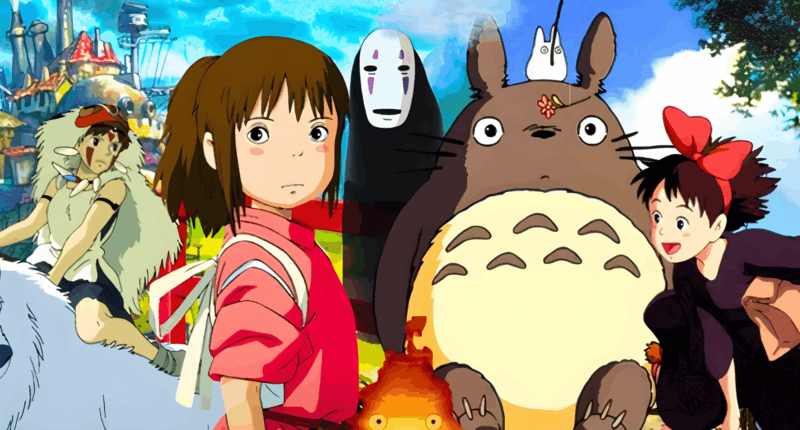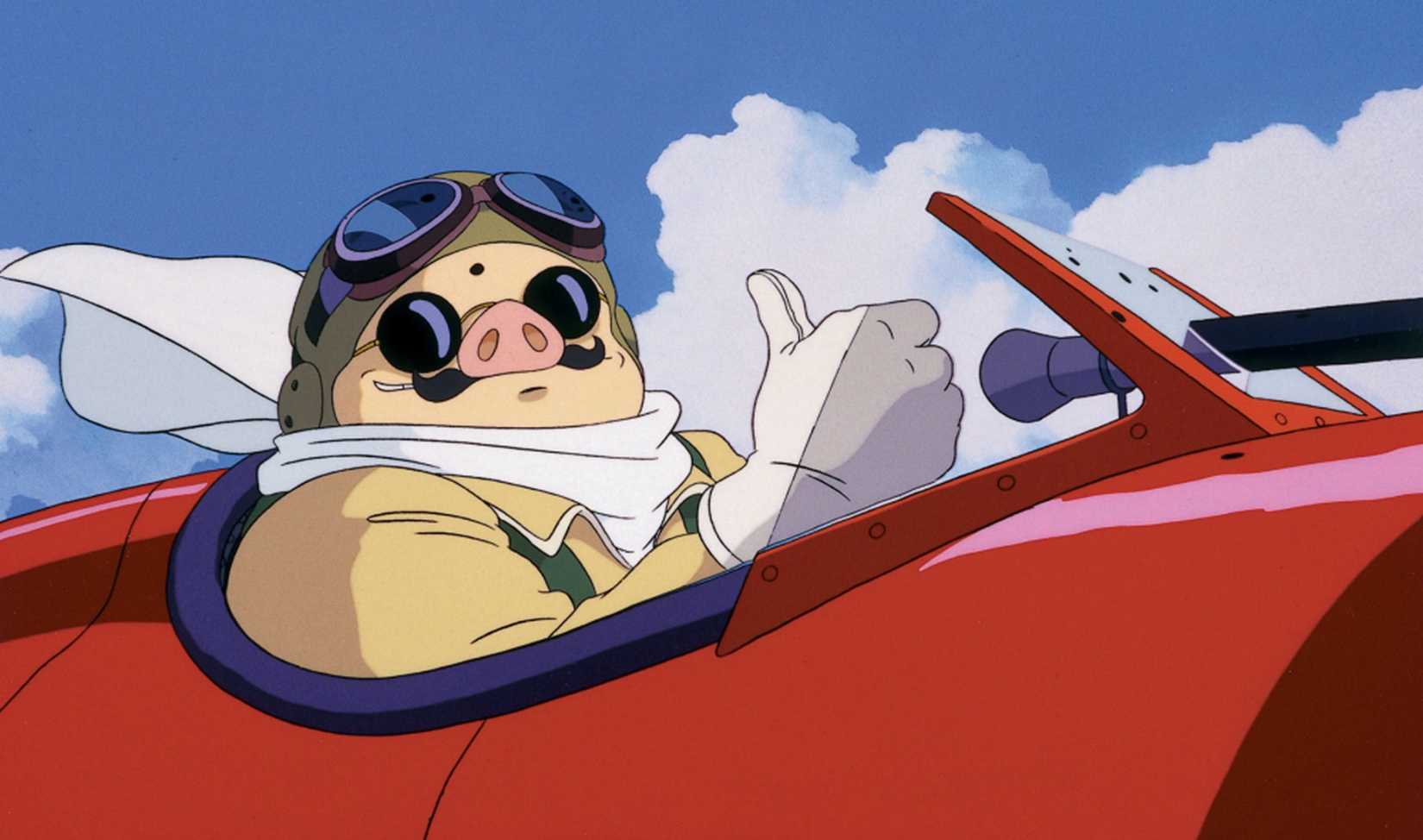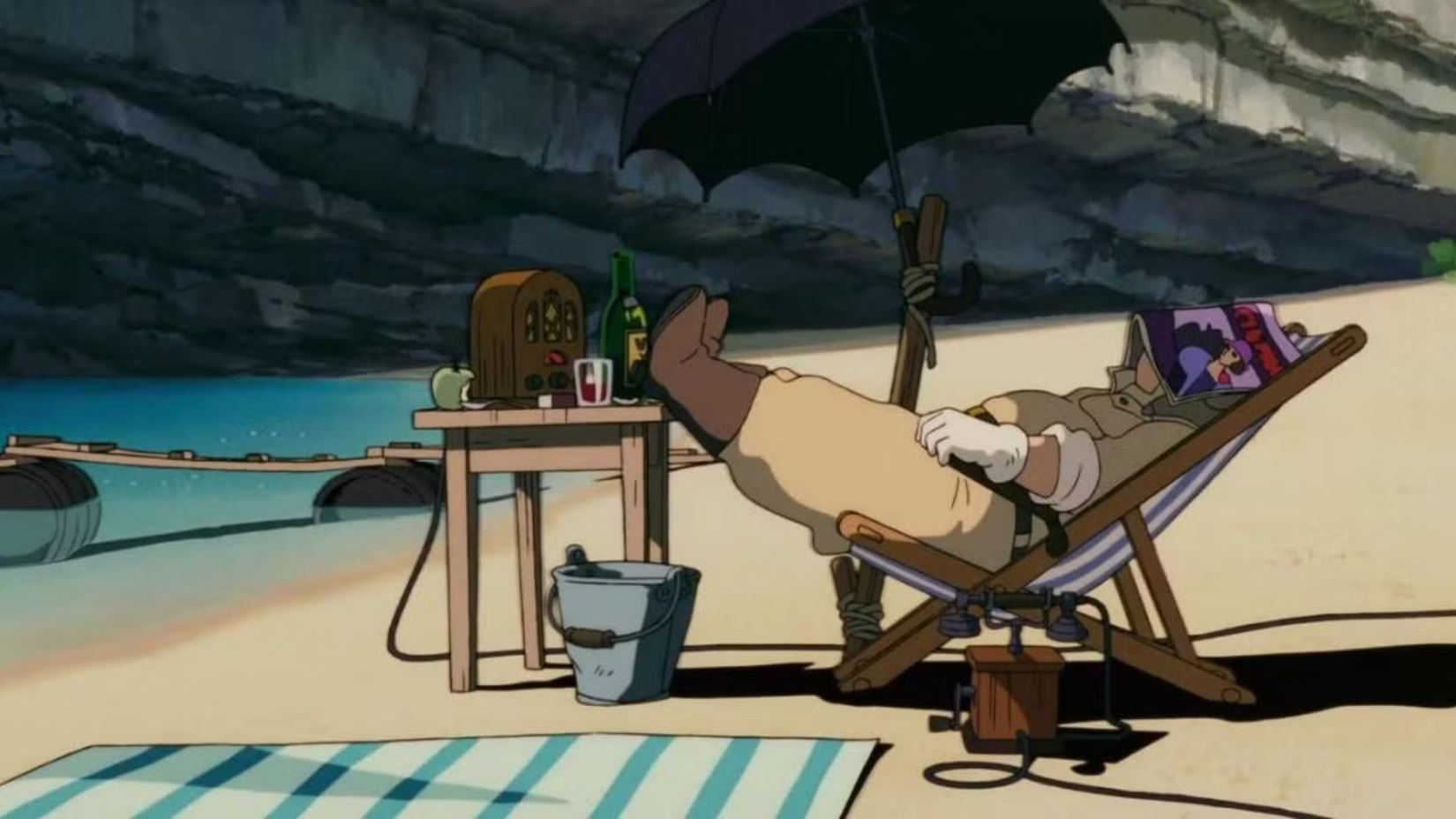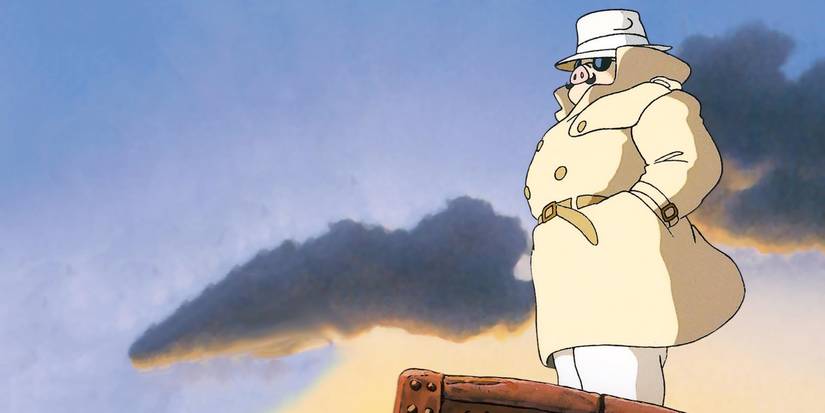Studio Ghibli is one of the most prominent anime studios in the world, known for its beautiful hand-drawn animation, moving stories, and unforgettable characters. Among its expansive catalog are lesser-known works that remain underrated masterpieces, waiting to be discovered. One such title is Porco Rosso, released in 1992 under the direction of Hayao Miyazaki.
Despite its release over three decades ago, Porco Rosso has become more meaningful and relevant now than ever before. While the film stays true to Ghibli’s signature style and themes, it stands out due to its unparalleled exploration of a disillusioned man’s struggle to reconcile his past, identity, and purpose in a post-war era.
Porco Rosso Is Studio Ghibli’s Most Underrated Masterpiece
Porco Rosso is set in the Adriatic Sea during the late 1920s and early 1930s, a time when Europe was still reeling from the First World War and fascism was rising in Italy. With political tensions rising, economic hardship, and aviation advancing rapidly, Porco, a former ace pilot known as Marco Pagot, has retreated into self-imposed exile.
The film balances this historical weight with moments of Ghibli’s signature sense of adventure and whimsical elements, most notably through Porco’s appearance as an anthropomorphic pig. Porco Rosso is one of Studio Ghibli’s more mature films, centering on a complex protagonist with heavy themes and political undertones, which sets it apart from other films by the studio.
Working as a freelance bounty hunter, Porco takes on countless air pirates until he is challenged to a race by the sky pirates’ American ace, Donald Curtis. With the help of his longtime friend, Gina, and a young, spirited mechanic, Fio, he repairs his plane and prepares for an aerial showdown that will test more than just his flying skills.
With a rich setting and backdrop, Miyazaki’s film is immensely introspective and reflective. While coming across as playful at times, it also takes time to confront Porco’s disillusionment, pride, and ideals in a world that is imperfect and constantly evolving. The story is full of symbolism, making it one of the studio’s most rewarding and memorable creations to date.
Porco Rosso’s Themes Are Timeless and Universal
With Porco Rosso set in Europe between World War I and World War II, a time of political instability and rising fascism, the film captures something that few anime films do. Italy, especially, was reshaping itself after the devastation of the First World War, affecting countless lives and leading Porco, a once-celebrated fighter ace, to seek solitude.
The film doesn’t shy away from his past as an aviation pilot, embracing it and showing the beauty of flight without losing the weight of Porco’s past and the historical time frame. The consequences of war are central to the story, told through flashbacks and dreams of Porco’s lost friends that slowly reveal why he chose to impose his own exile.
Porco’s appearance as a pig serves as a visual metaphor for this disillusionment and desire to exist outside a corrupt system.
Porco’s personal trauma and survivors’ guilt make him reluctant to fully engage with those around him, leading to a deeper sense of alienation surrounding his isolation. Yet, the connections he maintains and forges throughout the film, particularly with Fio, slowly draw him back out, while Gina remains a hopeful link to his humanity.
By exploring the fear of losing oneself to past trauma and the struggle and desire for connection, Porco Rosso’s themes remain both timeless and universal, speaking to audiences across generations. Along with the film’s balance of humor, adventure, and melancholy, the narrative effectively creates an experience that viewers can’t forget.
Studio Ghibli’s Film Is a Rejection of Authoritarianism
During Porco Rosso’s time period, the shadow of Mussolini’s Italy looms over the film without overshadowing the central narrative surrounding Porco. However, the rise of fascism remains a constant underlying presence in the film, shown through Porco’s rejection of rejoining the air force and his desire to maintain his personal freedom.
Paired with Porco’s disillusionment with nationalism and the symbolism beneath his pig-like appearance, Miyazaki clearly speaks against authoritarian systems and fascist regimes through the protagonist. Despite Porco’s past as a former ace, he chooses independence over ambition and recognition within the regime, valuing his personal ethics over blind nationalist loyalty.
“I’d rather be a pig than a fascist.”
-Porco Rosso/Marco Pagot
Porco’s appearance as a pig serves as a visual metaphor for this disillusionment and desire to exist outside a corrupt system. He consciously chooses to reject any participation in injustice, and his self-imposed exile is proof of his commitment to these ideals. His stance against the growing fascism in Italy isn’t performative but rooted in his ethical and moral code.
Despite airing over 30 years ago and taking place nearly 100 years in the past, these themes remain relevant and are talked about today. Porco Rosso reminds viewers that standing against oppressive systems takes bravery and conviction, and that disengagement can sometimes be a moral act if it means stepping away from corrupt regimes.
Porco Rosso’s Legacy Remains Enduring Even Decades Later
Porco Rosso’s exploration of moral integrity, resistance to authoritarian pressure, and the lingering cost of war reflects Hayao Miyazaki’s anti-war, anti-nationalism, and anti-fascism ideology. Porco’s insistence on living according to his own moral code, even when the world around him pressures him to conform, remains increasingly relevant in modern society.
Porco’s experiences as a World War I fighter ace reveal the true cost of conflict and the hollowness of nationalist glory. By having Porco stand apart from other characters, visually and physically, who embrace fame, ambition, or even aggression, the film makes clear that Porco’s strength stems from his refusal to participate in systems that prioritize narrow ideologies over humanity.
Porco Rosso remains an enduring Ghibli film due to its universal themes, historical backdrop, and profound exploration of war, political pressure, and morality. The film encourages audiences to consider the consequences of both action and inaction, while also showing that moral integrity can outlast broken ideologies, whether they are authoritarianism or the absurdity of war.
Miyazaki’s 1992 film remains one of Studio Ghibli’s most underrated masterpieces ever made, even over 30 years later. Porco Rosso is a film that everyone must watch at least once in their lifetime for its powerful themes, complex protagonist, and beautiful, symbolic narrative.
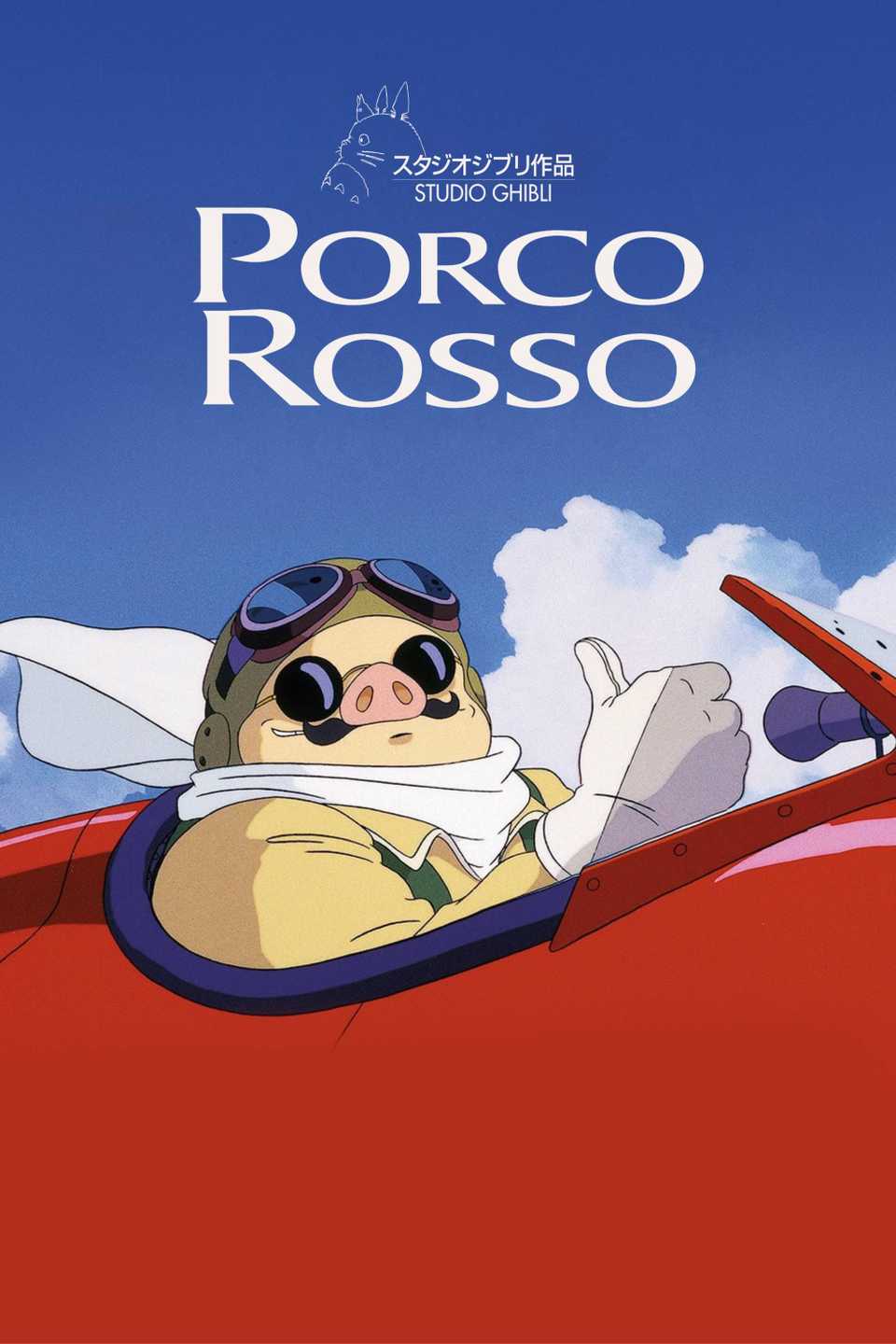
- Release Date
-
July 18, 1992
- Runtime
-
93 minutes
